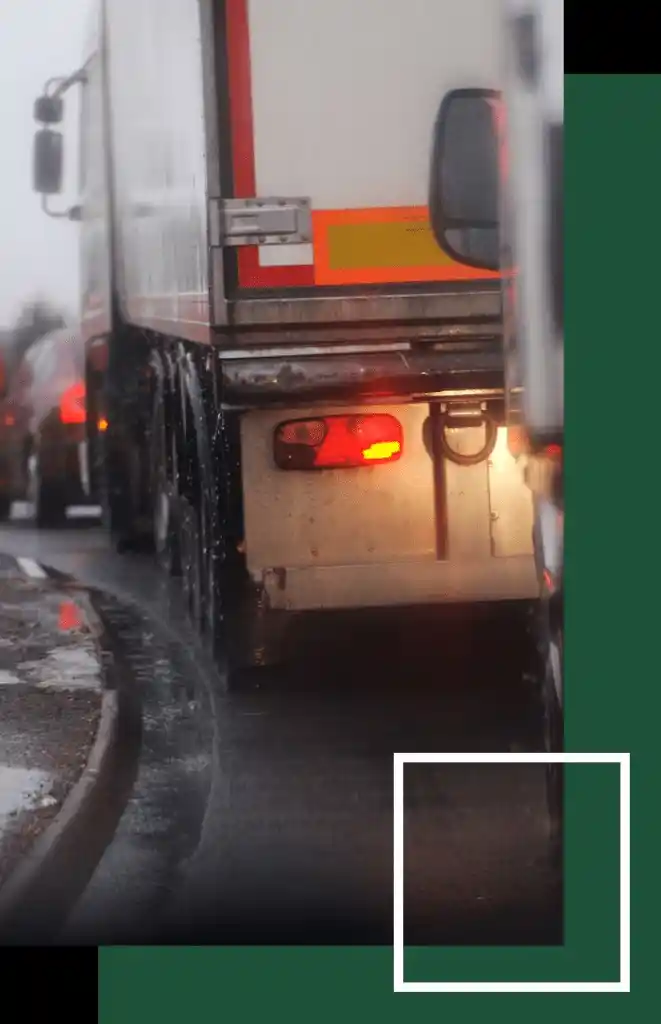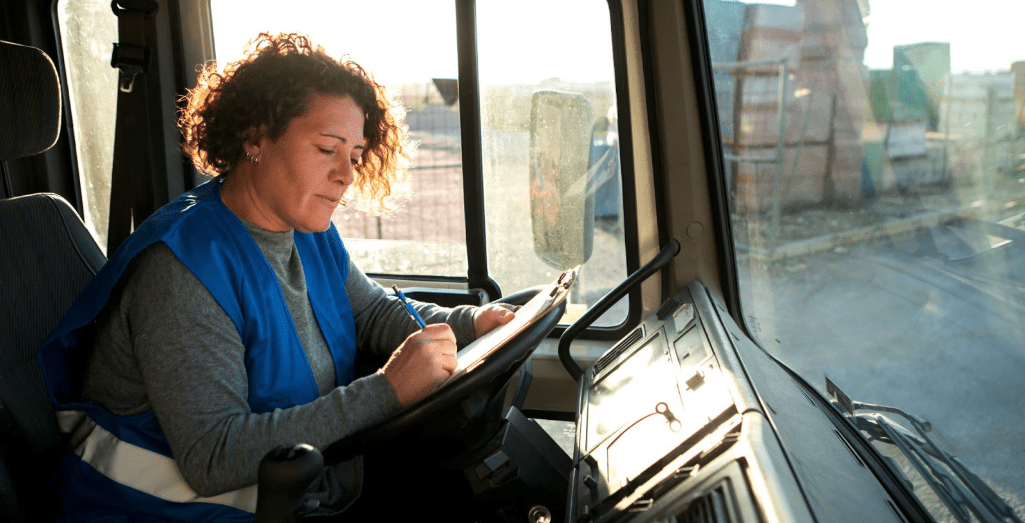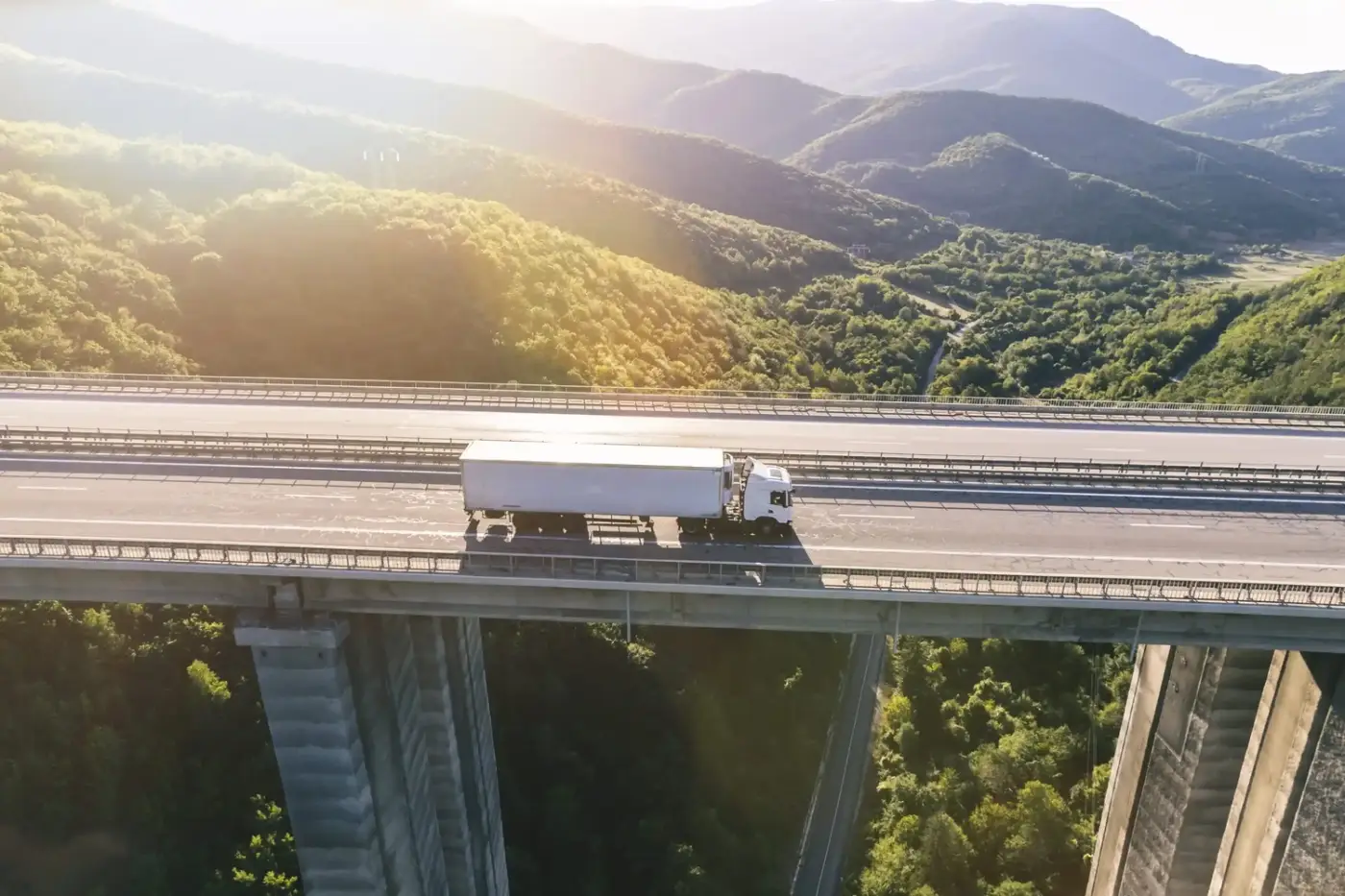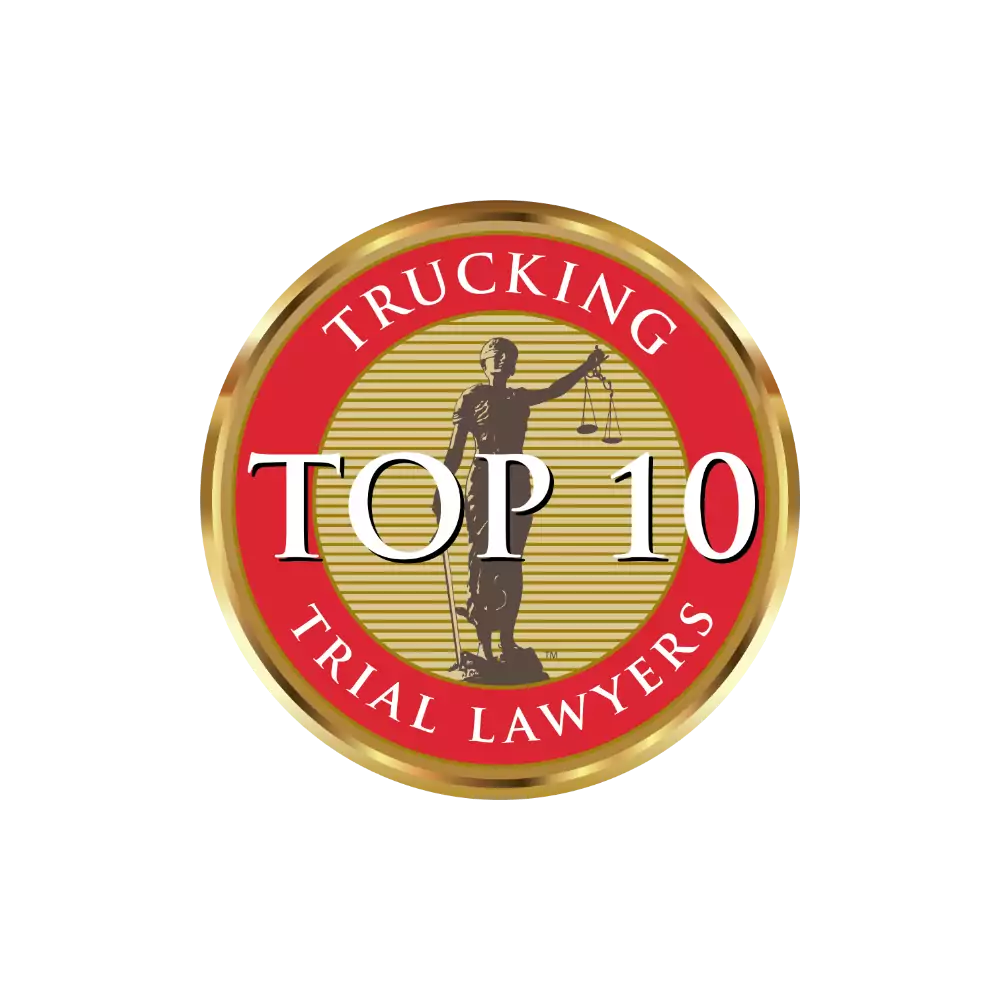
Bloomington Truck Accident Lawyer
Christie Farrell Lee & Bell’s team of Bloomington truck injury lawyers understand the devastating impact that truck accidents can have on victims and their families. Attorneys like Lee Christie, with his extensive experience in handling complex trucking accident cases, and Katie Marshall, a dedicated litigator recognized for her commitment to injured clients, are here to support you every step of the way.
The Insurance Institute for Highway Safety notes that most deaths in large truck crashes are passenger vehicle occupants due to the vulnerability of people traveling in smaller vehicles. The size and weight disparity between trucks and passenger vehicles often lead to catastrophic consequences, including severe injuries, extensive property damage, and emotional trauma for the victims.
If you or a loved one has been involved in a truck accident in Indiana, our team of personal injury lawyers can help you understand your legal rights and options for seeking justice and compensation.











